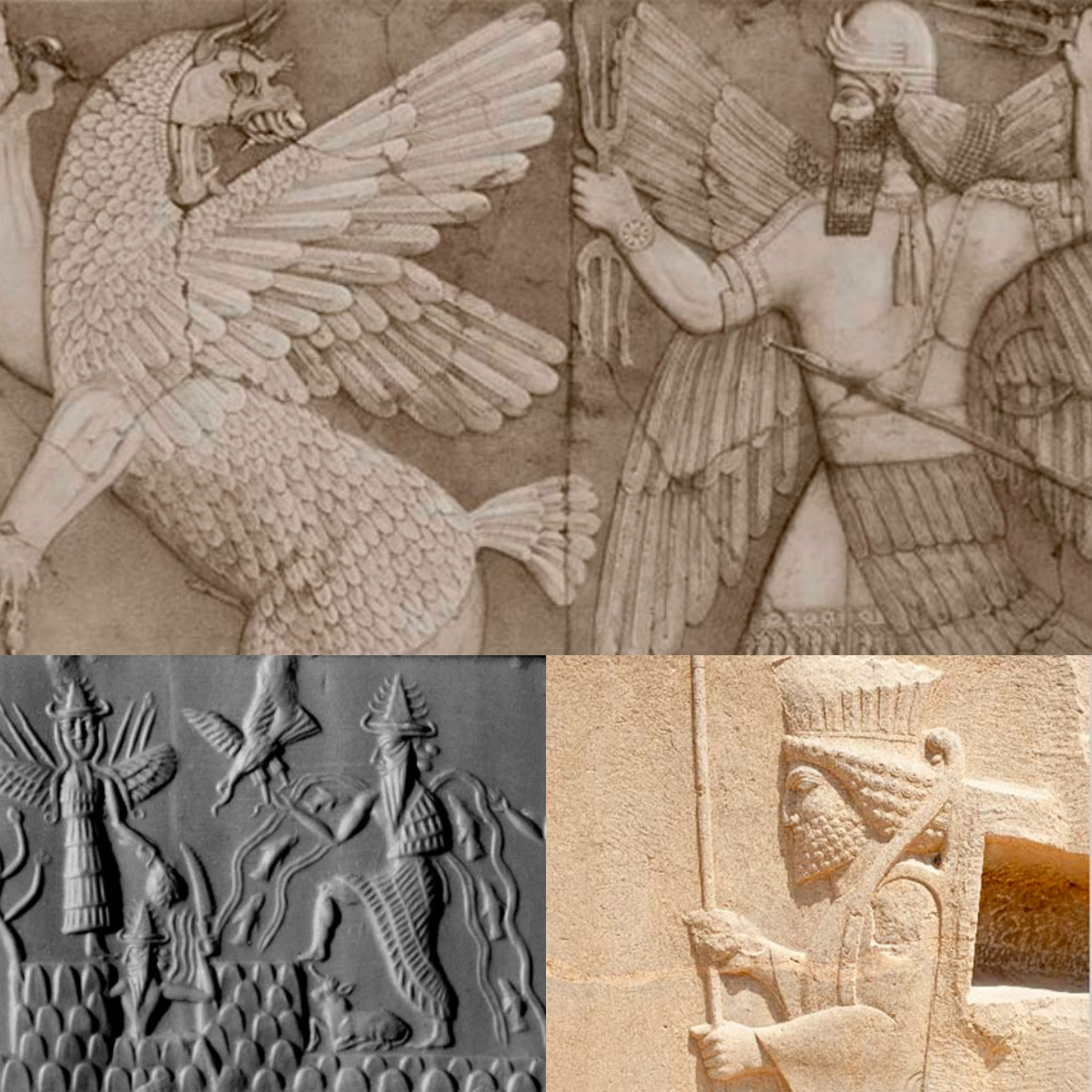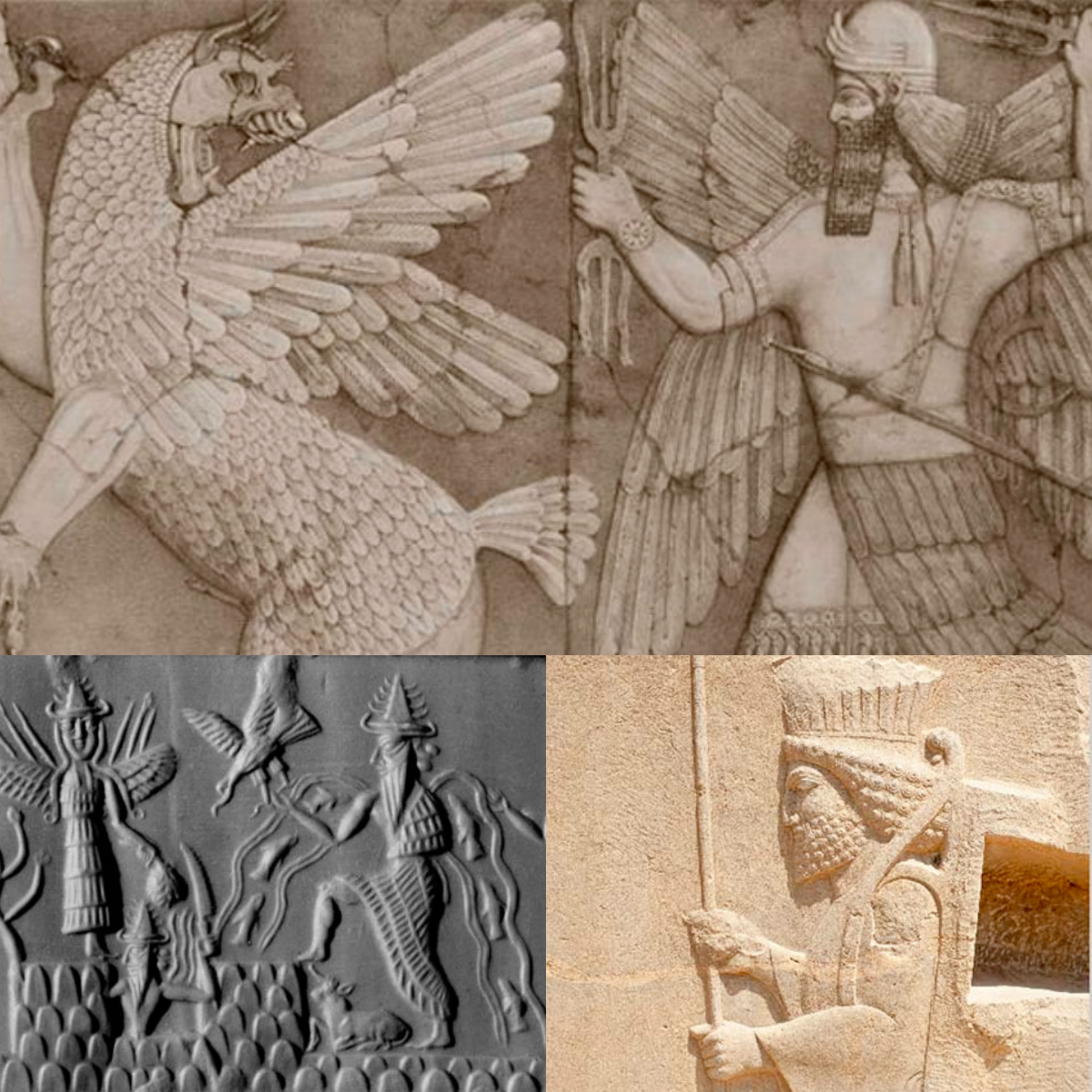In the rich tapestry of human history, the ancient Sumerians occupy a unique place as one of the earliest known civilizations. Flourishing in Mesopotamia, the cradle of civilization, the Sumerians left behind a legacy of remarkable achievements in art, literature, and governance. Among their many contributions to human knowledge are the Sumerian creation myths, which offer profound insights into the origins of humanity according to their worldview. Delving into these ancient texts, we uncover the fascinating narrative of human origins as envisioned by the Sumerians.

At the heart of Sumerian cosmology lies the belief in a pantheon of gods and goddesses who wielded immense power over the forces of nature and the destiny of humanity. Chief among these deities was Enlil, the god of wind and storms, and Enki, the god of water and wisdom. According to Sumerian mythology, it was Enki who played a central role in the creation of humanity, fashioning the first humans from clay and imbuing them with the breath of life.
One of the most famous Sumerian creation myths is the “Enuma Elish,” which recounts the epic struggle between the gods and the forces of chaos. In this myth, the primordial goddess Tiamat, representing the chaotic waters of the abyss, gives birth to a pantheon of monstrous creatures intent on destroying the gods. In response, the god Marduk, representing order and civilization, rises to challenge Tiamat and her monstrous progeny. After a fierce battle, Marduk emerges victorious, slaying Tiamat and using her body to create the heavens and the earth.
Another prominent Sumerian creation myth is the “Atrahasis Epic,” which tells the story of the flood and the survival of humanity. According to this myth, the gods, disturbed by the noise and overpopulation of humanity, decide to unleash a great flood to wipe out all life on earth. However, the god Enki, taking pity on humanity, warns the mortal king Atrahasis of the impending disaster and instructs him to build an ark to save himself, his family, and the animals of the earth. Through Enki’s intervention, humanity survives the flood and is granted the gift of civilization and agriculture.
While these creation myths may seem fantastical to modern readers, they offer profound insights into the Sumerian understanding of the human condition and our place in the cosmos. The Sumerians viewed themselves as the creation of the gods, fashioned from clay and granted the gift of life by divine decree. Their myths reflect their awe and reverence for the natural world and their belief in the importance of maintaining harmony with the gods and the forces of nature.
The Sumerian creation myths offer a window into the ancient worldview of one of humanity’s earliest civilizations. Through these myths, we gain insights into the Sumerians’ understanding of the origins of humanity, the nature of the gods, and the fundamental principles that governed their society. As we unravel the mysteries of Sumerian civilization, we come to appreciate the enduring wisdom and insight contained within their ancient texts, which continue to resonate with humanity to this day.




